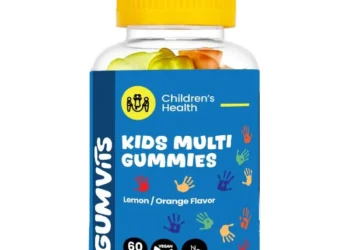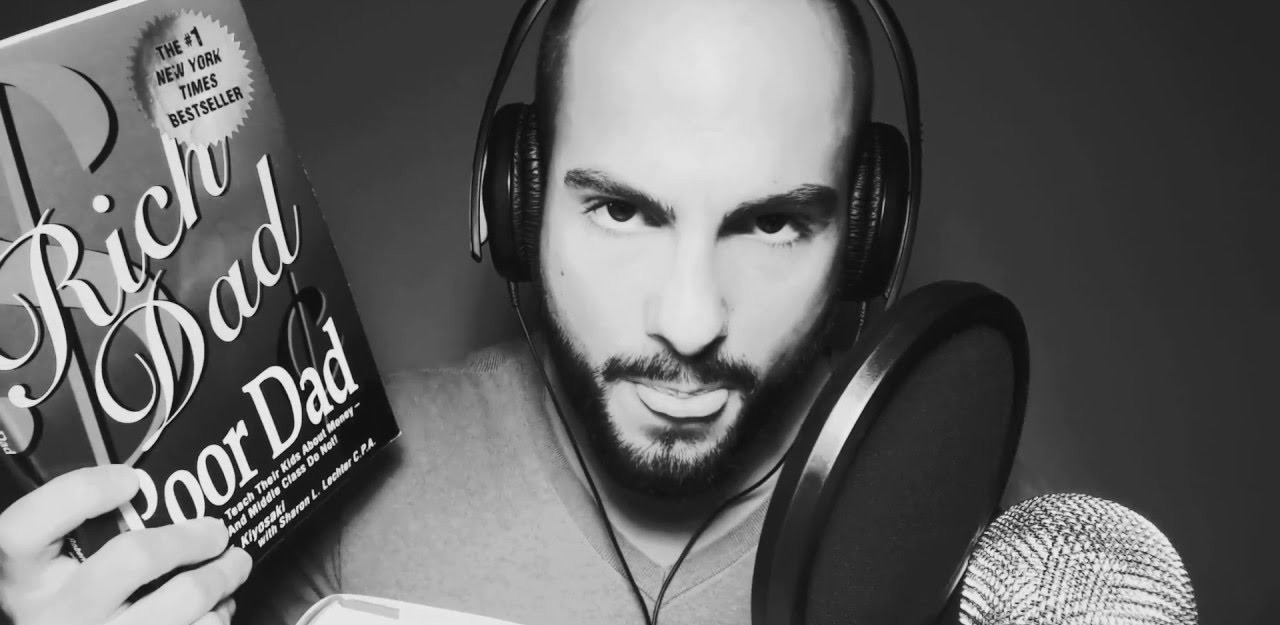No doubt, it’s a world full of options especially when it comes to food choices. People in today’s age and day are free to explore and indulge themselves in whatever the market has to offer. In the past few years, we have seen a dramatic shift in the eating trends of Pakistanis. From the least nutritious and high in calorie count fast food,to discovering various cuisines to completely reversing back to organic and locally produced vegetable and fruits.
One of the factors that played a huge part in bringing about this change is the global trend of farmers market operating at consistent intervals in different cities. This endeavor had an enormous impact on society by enlightening the masses on healthy living. People are now well aware and make their food choices more seriously.

Talking of the locally produced food and farming, we found Tamkeen Nadeem who very recently started her own business, CHARU, which was founded to help local farming communities thrive and grow by bringing the rare and wholesome food of Pakistan to connoisseurs around the world. She has a Masters degree in Communication and has worked in advertising for over 10 years, with a focus on Digital Marketing. She left her job to dedicate herself solely to Charu, her labour of love.
“We cannot become what we want to be by remaining what we are” is a quote I read somewhere and it beautifully fits to the journey of Tamkeen Nadeem. Charuland is nothing less of a wonderland we all want to end up in. We had an opportunity to chat with her about her new venture where she shared her experiences and struggles along the way.

What was the seed to now known as Charu and what provoked you to leave your career and dedicate all of your time in Charu?
I wasn’t satisfied with how I spent a major chunk of my time; helping brands sell useless things through a powerful medium; internet, that can solve many of the world’s problems. I wanted to set a more useful and fulfilling goal for myself and apply my skills and knowledge to create real value.
After quitting my job, in January 2016, I went to Berlin for a fellowship at The Do School. The Do School is a social innovation lab that helps individuals turn ideas into action and make good businesses a reality. There I conceived the idea for my venture, CHARU. I decided to discover Pakistan for its agricultural wealth and understand where our food comes from, how it’s grown and the people who grow it.
Tell us about your experiences discovering Charu and how did you prepare yourself for it!
In March 2016, I returned to my home country and decided to start my journey by exploring food of the mountains and valleys of Pakistan. For a month I rented and lived in a traditional home in Hunza Valley. I had two friends helping me with this discovery and I made many more on the road. We lived simply, ate fresh and I spent most of my time there researching indigenous farming practices and food preparation methods, connecting with people who worked in agriculture, taking cooking classes from the chefs and women of the community, and listening to a lot of stories about what grows there and its benefits.
Any specific things that you wanted to introduce locally and globally?
I had a list of 10 products from that region that I wanted to introduce to local, and eventually to global markets. After weighing the pros and cons of each potential product such as the farming practices, availability, demand, shelf-life, storage, transportation and sustainability of each I narrowed my focus down to one category: Specialty Oils. I discovered that the secret to a long and healthy life of people of Hunza and Nagar is the use of apricot kernels and oil in their diet. From the harvest of September 2016, I handpicked the finest apricot kernels from the family farms of Hopar Valley, took it to a local oil-press in Ganesh Village and brought it down to Lahore to bottle and package it.

When did you officially launch Charu?
In November 2016, at TEDxWomen Lahore I officially launched my range showcasing Apricot and Walnut Oil as a healthy dressing and Apricot Beauty Oil as a natural anti-aging. Since then, I have done some food tastings, pop-ups, farmers markets and culinary events bringing the local flavors and benefits of Hopar Valley home. At the moment, I am only stocking it at Haryali Store.
Talk about some of the places you have visited for Charu and how’s the journey been so far?
I have been to many places to discover food and each place is as unique as the produce that you find there. In the northern areas of Pakistan I discovered wild apricot and walnut trees and a complete lifestyle around it. I found such abundance and bio-diversity in Swat, discovered medicinal and aromatic plants of Miandam, the great dewdar forests of Kalam Valley, ancient grape vines of Gupis Valley, alfalfa fields in Phander Valley, the tangerines of Haripur, the potatoes of Basirpur, and the amazing black pepper of Vietnam. Most of which I publish on my instagram : @charuland

Have you collaborated with any international chefs? What was it for and how did it turn out?
I was visiting NY for a month in August 2016, and while I was there I got in touch with The Do School, which also has an office in NY, to network for CHARU. I had about a small 200ml bottle of apricot oil with me as a sample/ prototype for my soon to be launched product. And the first response from anyone that I talked to about apricot oil was, “Apricot oil? What does that taste like? How do you eat it?” That gave me an idea to do a food tasting in New York, introduce a new flavor and get feedback. I partnered with Chef Nabeel, who ran The Bushwick Kitchen in Brooklyn for 10 years and was now a house-dad. He was Moroccan and the connection was instant. In $100 we did a tasting for 11 people, and created simple bite sized courses, all dressed with apricot oil. It was a night of great food, good company and insights. Our creations from the event are on also on our instagram: @charuland
How do you plan to reach out and convince people to shift to Charu?
CHARU’s aim is to bring rare and unique things to the market. So, I don’t think it needs to convince people to shift from one thing to another. What it needs is to create awareness and experiences such as food tastings and culinary workshops so people can discover these products for themselves and make them a part of their daily lives.
Where do you see Charu in the next 5 years?
In farmlands, far and wide, forever discovering.

Will you be solely committed to Charu or any plans of moving back to serve the corporate sector again?
Working on CHARU means working with the seasons and nature. Both require patience. I give CHARU whatever time it needs to grow, and the rest I dedicate to consulting businesses that make a real difference in other people’s lives, such as Behbud, Islamabad.
Your piece of advice or message that you have been meaning to say for so long but couldn’t. Now is the time to say it!
We need farmers. We need to understand what it means to grow clean food and conduct fair business. We need to inspire the next-generation of farmers, which is not just a profession for the poor and unfortunate. It could be me. It can be you.


